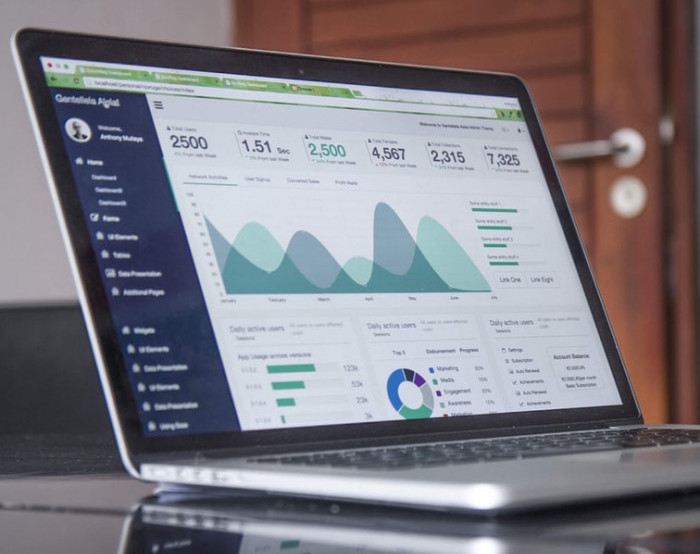If you are wondering how Google or any other search engine for that matter determines page rank for my website, I will look into it a little closer.
If you are a website owner, you probably care less about how the search engines work than about how high up your website appears in the search engine’s result pages. Sometimes I also wonder what makes a search engine rank a particular site higher in the search results than others who are similar or better.
Each search engine has its own particular algorithm for ranking the pages in its search index, and although most of them seem to follow a similar methodology for ranking there are always slight differences and some that are kept a secret from us.
What Is Page Rank?
PageRank (PR) is an algorithm used by Google Search to rank web pages in their search engine results. PageRank is a way of measuring the importance of website pages.
‘According to Google: PageRank works by counting the number and quality of links to a page to determine a rough estimate of how important the website is.’
How Does Google Work Out Page Rank For My Website?

Google attempts to serve its users well by ranking the most important or relevant pages at the top and ranking less relevant pages lower down in the results.
While Google also keeps its precise methodology of rank for my website a secret for competitive reasons, we do know that there are three primary components to the rankings of its results, and these have seemed to last through all the major updates that they have had.
Links And Link Text
The Google search engine looks at links and the text for those links on the web page and makes sure that they link to pages that are relevant to the searcher’s query. For example, if you are talking about screwdrivers and you link to a soccer page, this is looked at as irrelevant and it could hurt your rankings.
Content And Text Analysis
Google looks to match up the words that the searcher types into the search engines on the web page. This means examining the font size, usage, proximity, and more than a hundred other factors to help determine relevance to ensure that the selected page is the best match for that particular user.
Google has also gotten more sophisticated over the years, and it now recognizes quality content that is helpful and well written. Google prefers original content to plagiarized content, and lately, it seems to also rank pages with more detailed content over pages with shorter articles.
Learning to write good content is one of the most valuable skills that any internet marketer can learn, and to learn how to do this properly, I strongly suggest you look a the training offered by Wealthy Affiliate.
Doing keyword research is also very important when it comes to ranking your website. This is my favorite keyword tool to use for this purpose.
Page Rank For My Website
Finally, Google relies on its own proprietary PageRank technology to give an objective measurement of web page importance and popularity.
Some of the factors include looking at other pages that link to that page. The more pages that link to a page and the higher that page’s PageRank, the higher it will appear in the search results.
The page rank is a numerical ranking from 0 – 10, expressed as PR0, PR1, PR2, PR3, etc – the higher the better.
So PageRank is the secret sauce behind Google’s page rankings. The theory is that the more popular a page is, the higher that page’s ultimate value. While it sounds a bit like a popularity contest, it’s surprising how often this approach delivers high-quality results for the user, which is why Google is considered the top search engine at the moment.
The actual formula is top secret, but we can be sure it is calculated using a combination of quantity and quality of the links pointing to a particular web page.
The higher the PageRank of the pages pointing to a given page, the higher the page rank will be of the linked-to page. It’s entirely possible that a page with fewer, higher-ranked pages linking to it will have a higher Page rank than a similar page with more, but lower ranked pages linking to it.
It is important to remember that PageRank is page-specific, and not site-specific. This means that the PageRank of the individual pages on a website can and will probably vary from page to page.
The page rank is also affected by the number of total outbound links on the page. A page with a lot of outbound links will contribute a lower PageRank to each of its linked-to pages than will a page with just a few outbound links.
As an example, a page with a PageRank of PR8 that has 100 outbound links will boost a link to page’s PageRank less than a similar PR8 page with just 10 outbound links.
While there are a few tricks webmasters can use to improve their Google standings, the best way to get a top spot is to consistently provide top-quality content, which gives other people the incentive to link back to their pages. Building links naturally is the best route to go, but it does take time.
Remember that Google’s ranking system is completely automated and there is no human subjectivity involved, so it is actually all about the math in the end.
![]()
